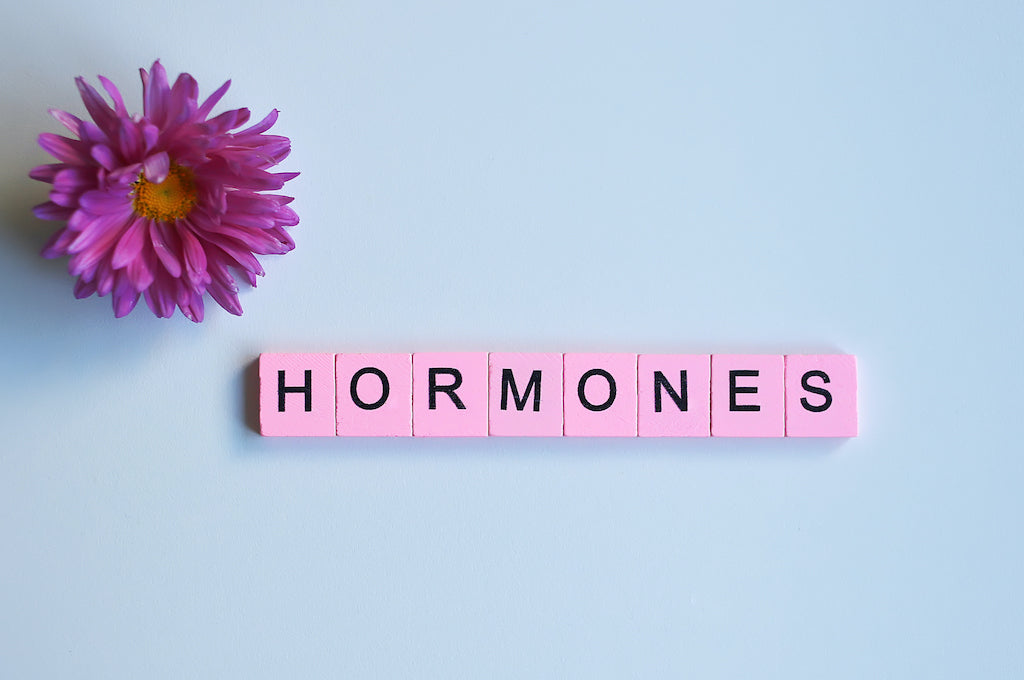Have you ever heard the adults in your life say that you have “raging hormones” right now - beyond annoying, what does that even mean? Well, it’s a reference to the hormones that were responsible for your body’s transformation through puberty, the very same hormones that often get blamed when we’re feeling frustrated, angry, sad, or heated about something. While hormones aren’t always to blame for our emotional state, they can play a role. Want to know what they do below the neck? Here’s a little more info about puberty hormones.
Estrogen is a hormone produced mostly in the ovaries, though it can be made in other parts of the body too, particularly fat cells. Estrogen is the hormone most responsible for body changes during female puberty (Note: estrogen is most responsible, but not exclusively - lots of hormones are involved in the process, actually). Among other things, estrogen causes breast development. And, since it can be made outside of the ovaries, guys can experience some - usually mild and short term - breast growth as well. In a guy, this is called gynecomastia. Once a girl has progressed far enough through puberty, estrogen becomes central to the menstrual cycle. Its role remains important for the rest of a woman’s life.
Progesterone is a companion hormone to estrogen. It’s also produced in the ovaries, plays a key role in breast growth and development, and impacts the uterine lining (which is what sheds in a period). Basically, estrogen and progesterone are inseparable best buddies during puberty and throughout each menstrual cycle.
We can’t talk hormones without mentioning the major guy puberty hormone, testosterone, which is produced mostly in the testicles, though it can be made in other parts of the body, too. Testosterone is in charge of driving most of the body changes seen in boys as they progress through puberty (think: growth of penis and testicles, deepening of voice, broadening of shoulders, and increase in lean muscle mass).
Fun fact: while estrogen and progesterone rule female puberty and testosterone is in charge of guy changes, everyone has at least a little bit of each of these hormones… and it remains this way throughout adulthood.





Leave a comment
All comments are moderated before being published.
This site is protected by hCaptcha and the hCaptcha Privacy Policy and Terms of Service apply.